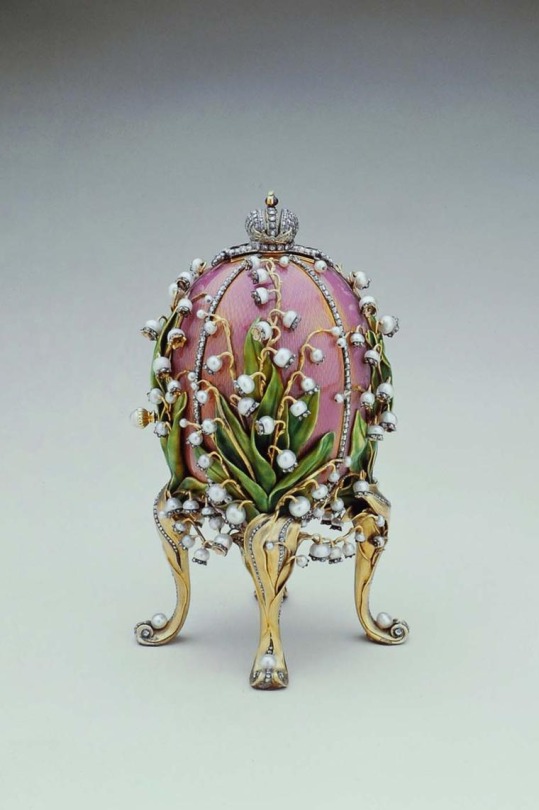Faberge Eggs - Blog Posts
The Fabergé eggs (яйцо Фаберже) were first created in 1885 when Emperor Alexander III commissioned Peter Carl Fabergé to create a spectacularly extravagant Easter gift to cheer up his young, homesick wife, Empress Maria Feodorovna.
After Alexander III's death, his son Nicholas II, presented a Fabergé egg to both his wife, Alexandra Fedorovna, and his mother, the Dowager Empress Maria Fedorovna.


All 57 of the 69 know Fabergé eggs that survive today were manufactured under the supervision of Peter Carl Fabergé between 1885 and 1917.
Following the revolution and the nationalization of the Fabergé workshop in St. Petersburg by the Bolsheviks in 1918, the Fabergé family left Russia.


The imperial family's palaces were ransacked and their treasures were moved to the Kremlin Armoury on order of Vladimir Lenin.
The Fabergé trademark has since been sold several times, and several companies have retailed egg-related merchandise using the Fabergé name.

Currently, ten of the imperial Easter eggs are displayed at Moscow's Kremlin Armory Museum.